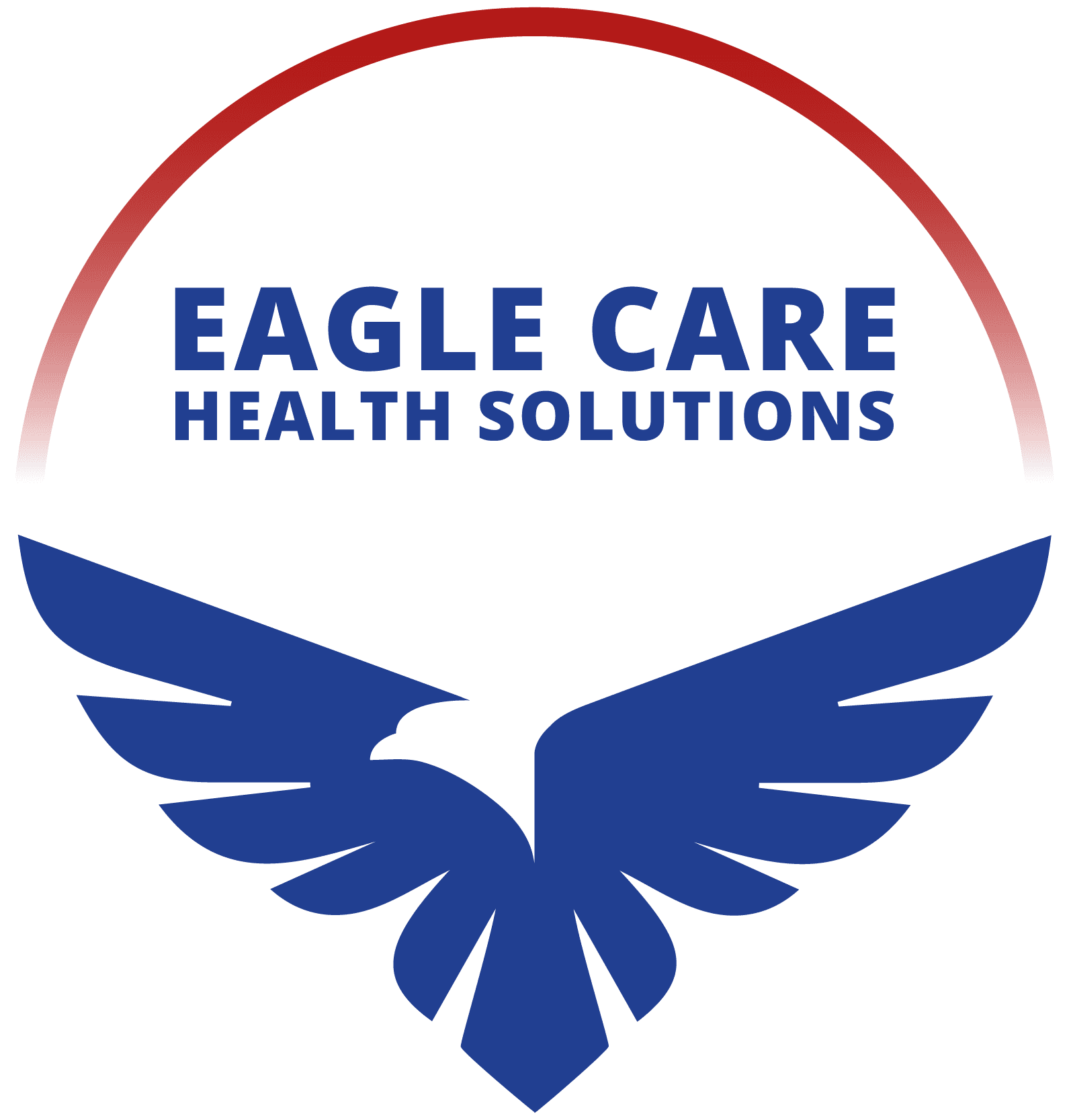Doctors and patients alike know that health care has become increasingly bogged down by insurance-driven processes and unnecessary red tape. But a growing movement led by Direct Primary Care (DPC) and Direct Specialty Care (DSC) is bringing medicine back to what matters most: the doctor-patient relationship. Rather than dealing with the high costs and limited options in traditional insurance models, DPC and DSC doctors work directly with patients, focusing on quality care with clear, upfront pricing.
Dr. Grace Torres Hodges, a podiatrist and long-time advocate for free-market medical practices, recently shared her own journey in breaking free from insurance-based medicine. Now, as a Direct Specialty Care provider, Dr. Hodges delivers patient-centered care that prioritizes transparency, autonomy, and results—and she believes other physicians and patients can benefit from the same shift.
The Problem with Traditional Insurance-Based Health Care
For private practice physicians, the conventional system has created more roadblocks than pathways to good care. As Dr. Hodges explains, today’s health care model demands a staggering amount of non-clinical work. Doctors spend hours managing prior authorizations, meeting arbitrary quality measures, and coding every action—all of which subtracts from patient care.
Patients experience these frustrations, too, often with long wait times, high deductibles, and a fragmented care experience. In Dr. Hodges’ case, insurance protocols even restricted her ability to solve all of a patient’s issues in one visit. The limits of this system eventually led her to pursue a model that could truly serve her patients.
Enter Direct Care: Freedom for Doctors, Better Care for Patients
Determined to overcome the limitations of the insurance-driven model, Dr. Hodges transitioned her practice to a Direct Specialty Care model. DSC allows her to work directly with patients, bypassing insurance companies and their layers of bureaucracy. Instead of billing through insurance, Dr. Hodges charges patients a transparent, upfront fee for visits and procedures.
In this model, patients often pay a monthly membership or a flat rate per visit, allowing Dr. Hodges to spend more time with each individual and develop treatment plans that aren’t rushed or limited by insurance codes. By removing the “middleman,” she’s also able to reduce her overhead costs, giving her the freedom to provide longer appointments, more personalized care, and even negotiate lower facility fees for procedures patients may need.
Real Consumerism in Health Care: Empowering Patients to Choose
True consumer-driven health care, Dr. Hodges explains, means giving patients the knowledge and power to make informed decisions. It begins with transparent pricing and extends to patients choosing care based on their needs rather than insurance constraints. She encourages patients to ask about cash prices, which are often more affordable than insurance-based options, especially for those with high deductibles or limited networks.
With clear, upfront costs, direct care empowers patients to make financial decisions that suit their needs. This level of transparency eliminates surprises and puts patients in control of their health and finances.
Restoring the Doctor-Patient Relationship and Physician Autonomy
Direct care isn’t just about cost control—it’s about getting back to “informed consent,” the practice of ensuring patients have all the information they need to make educated decisions. In traditional models, patients rarely know the costs or choices available without insurance intervention. By removing insurance as the gatekeeper, Dr. Hodges can clearly communicate treatment options and associated costs, leading to a better, more trusting doctor-patient relationship.
For Dr. Hodges, the freedom that comes with DSC has not only reduced burnout but also enabled her to practice medicine in a way that is fulfilling. This autonomy allows her to prioritize quality over quantity, offering her patients the kind of personalized, thorough care she envisioned when she first entered medicine.
A Healthier Future in Health Care
With many patients and physicians looking for alternatives, the direct care model is gaining traction. Organizations like the Free Market Medical Association (FMMA) work to educate both providers and patients on the benefits of free-market medicine. New physicians entering the field are realizing that they have choices beyond traditional health systems or large hospitals. Dr. Hodges envisions a future where direct care becomes mainstream, improving patient care by reducing physician burnout and enabling doctors to focus on high-quality, individualized care.
Embracing a Patient-Centered Future
Direct Primary and Specialty Care are emerging as powerful alternatives to conventional U.S. health care. Through transparent pricing, fewer administrative burdens, and an emphasis on quality, these models are proving to be both sustainable and effective.
For patients, Dr. Hodges’ advice is simple: Ask about cash prices, explore direct care options, and remember that real consumer-driven health care means choice, transparency, and a renewed focus on your well-being.
For physicians considering this path, Dr. Hodges shares practical insights and her own journey in her book, Private Practice Solution: Reclaiming Physician Autonomy and Restoring the Doctor-Patient Relationship, offering a roadmap for those who want to restore autonomy and bring back the doctor-patient relationship.
Visit hwpowerhour.com to subscribe to the podcast and not miss out on any of our future episodes. Thank you for reading!
